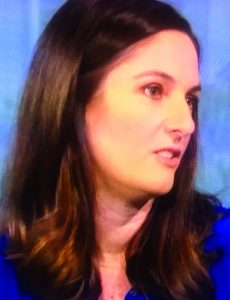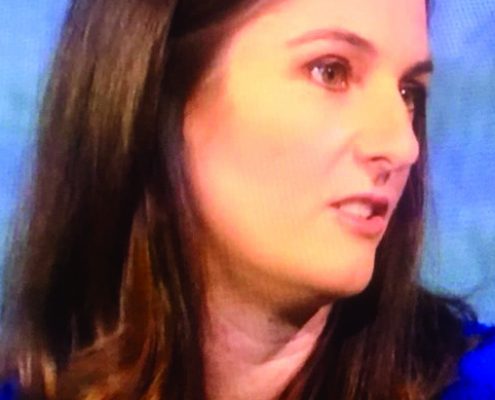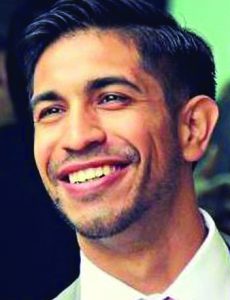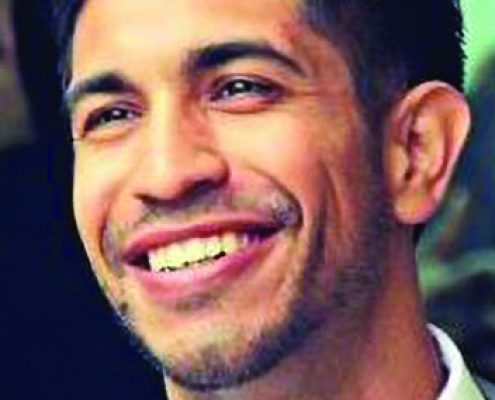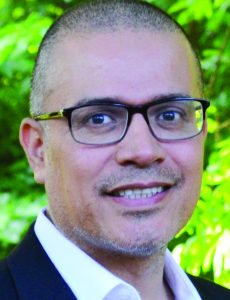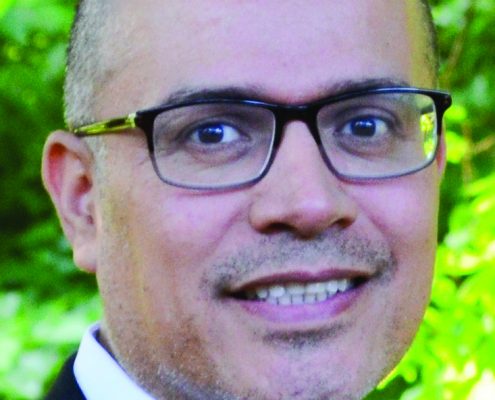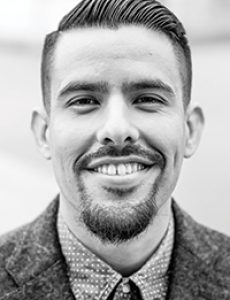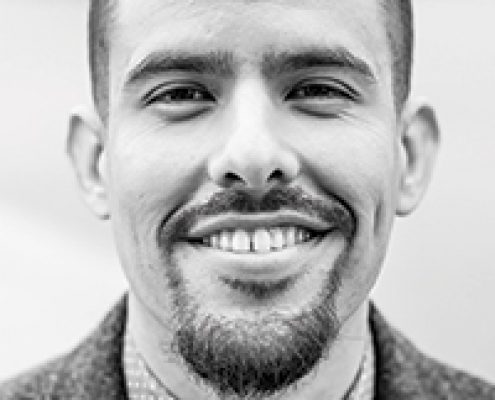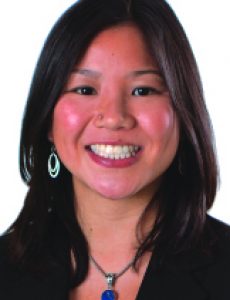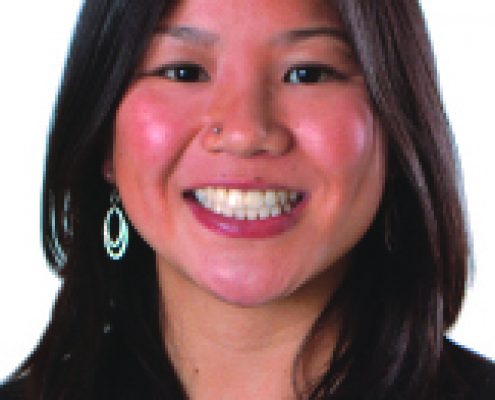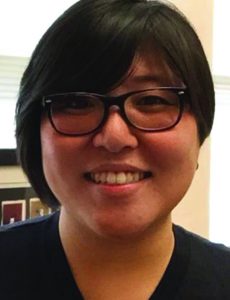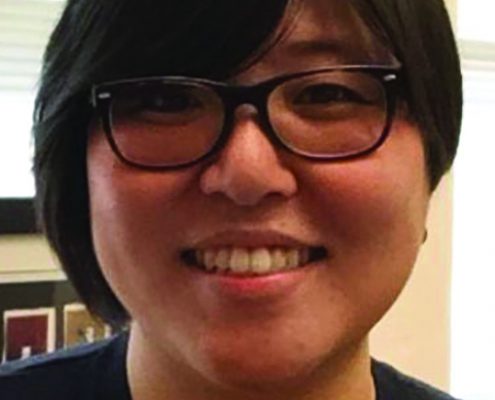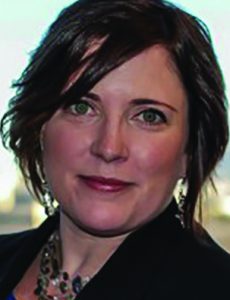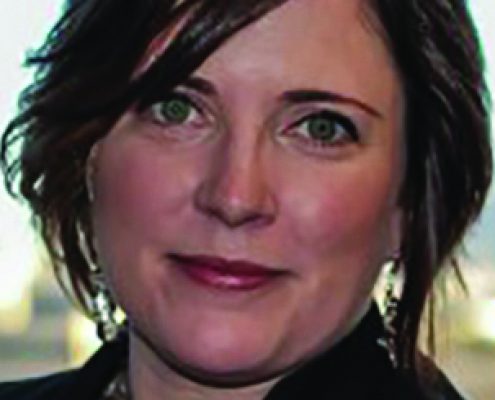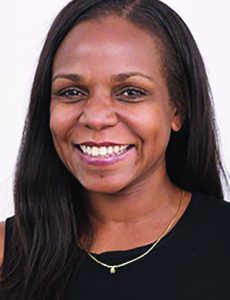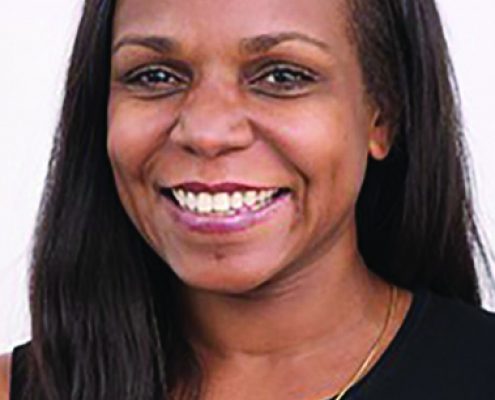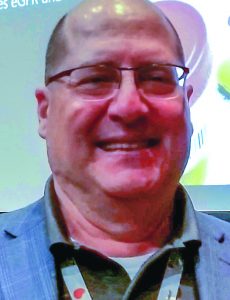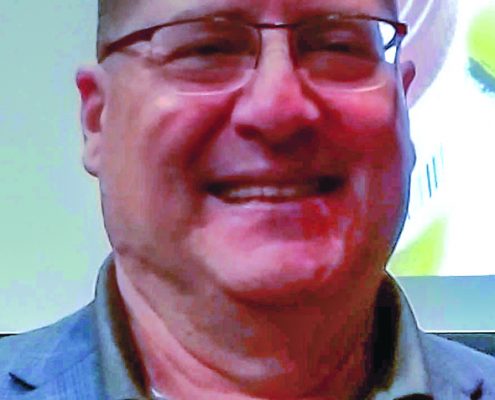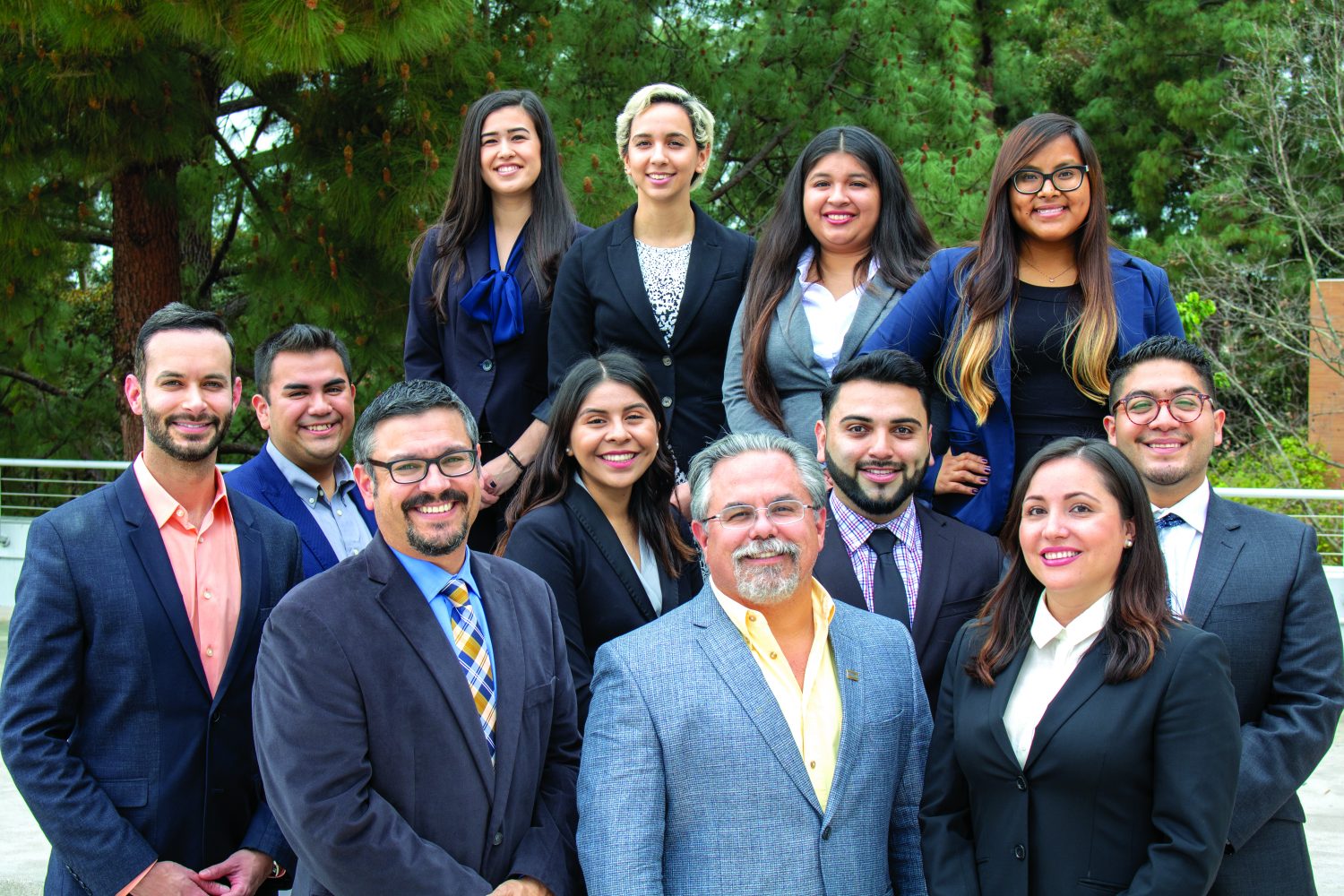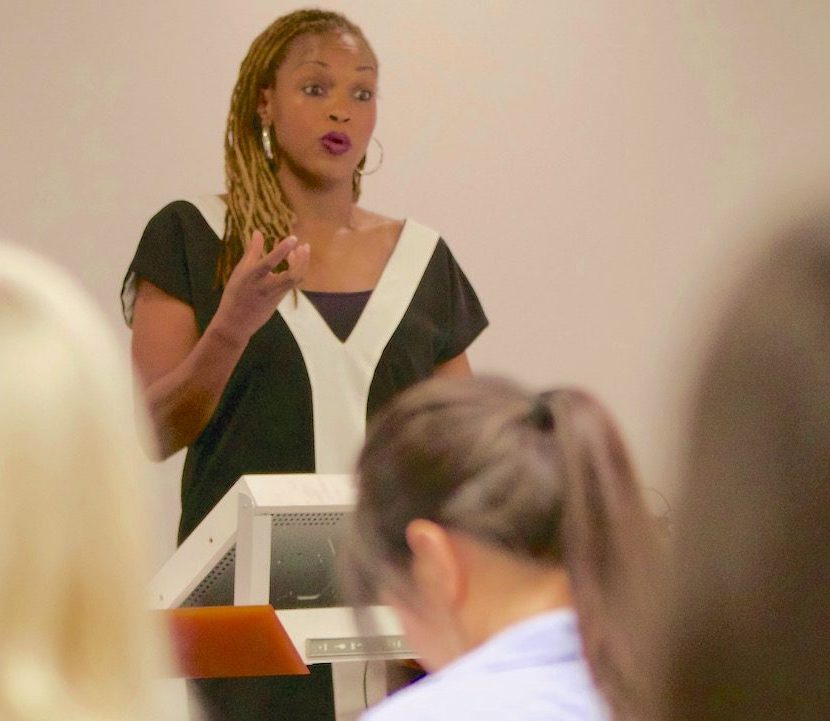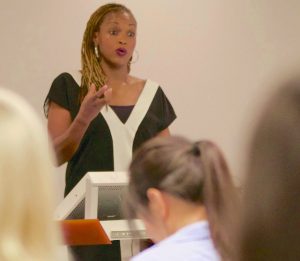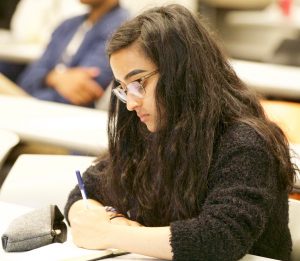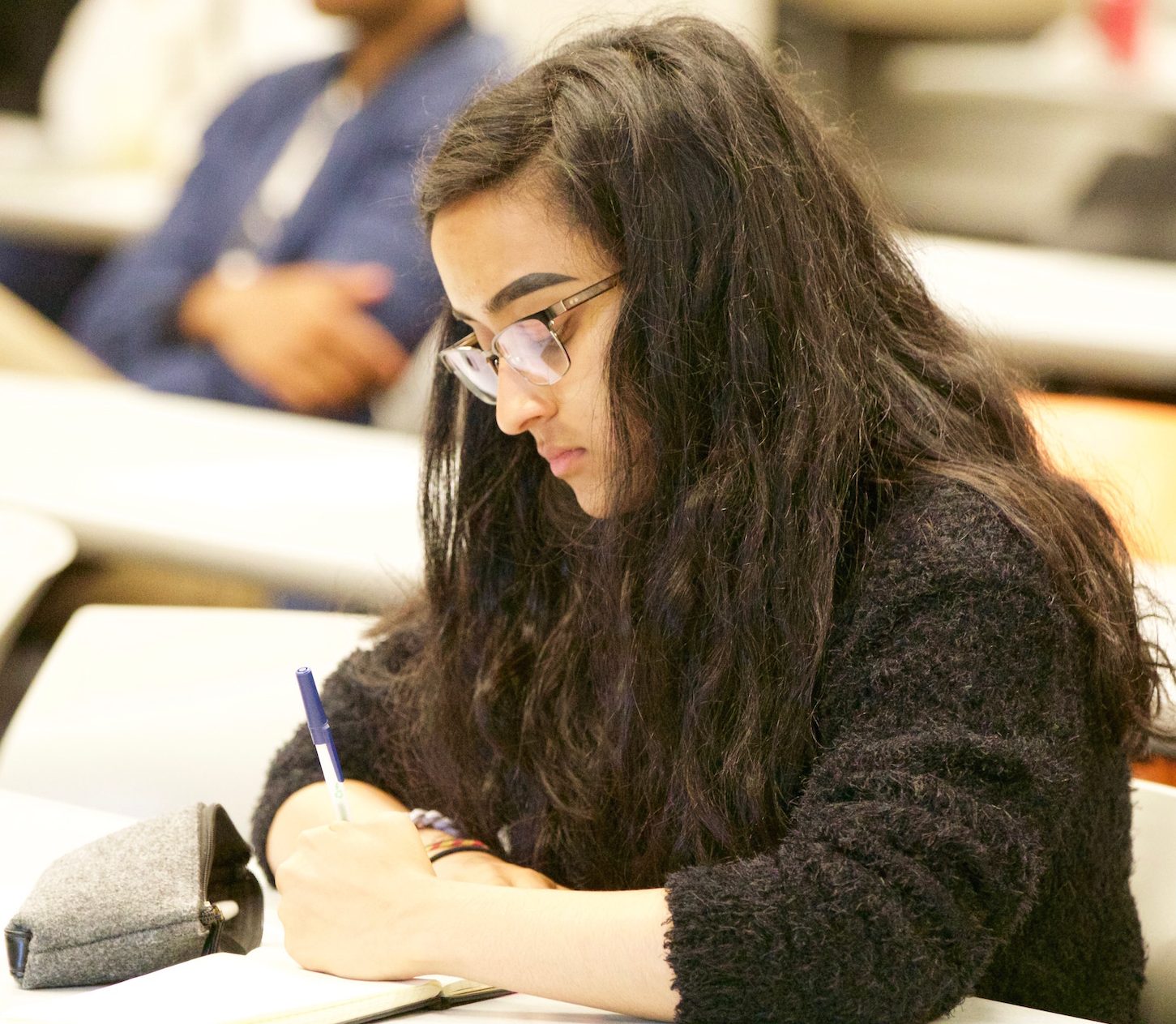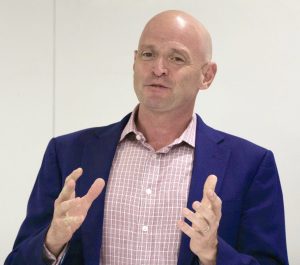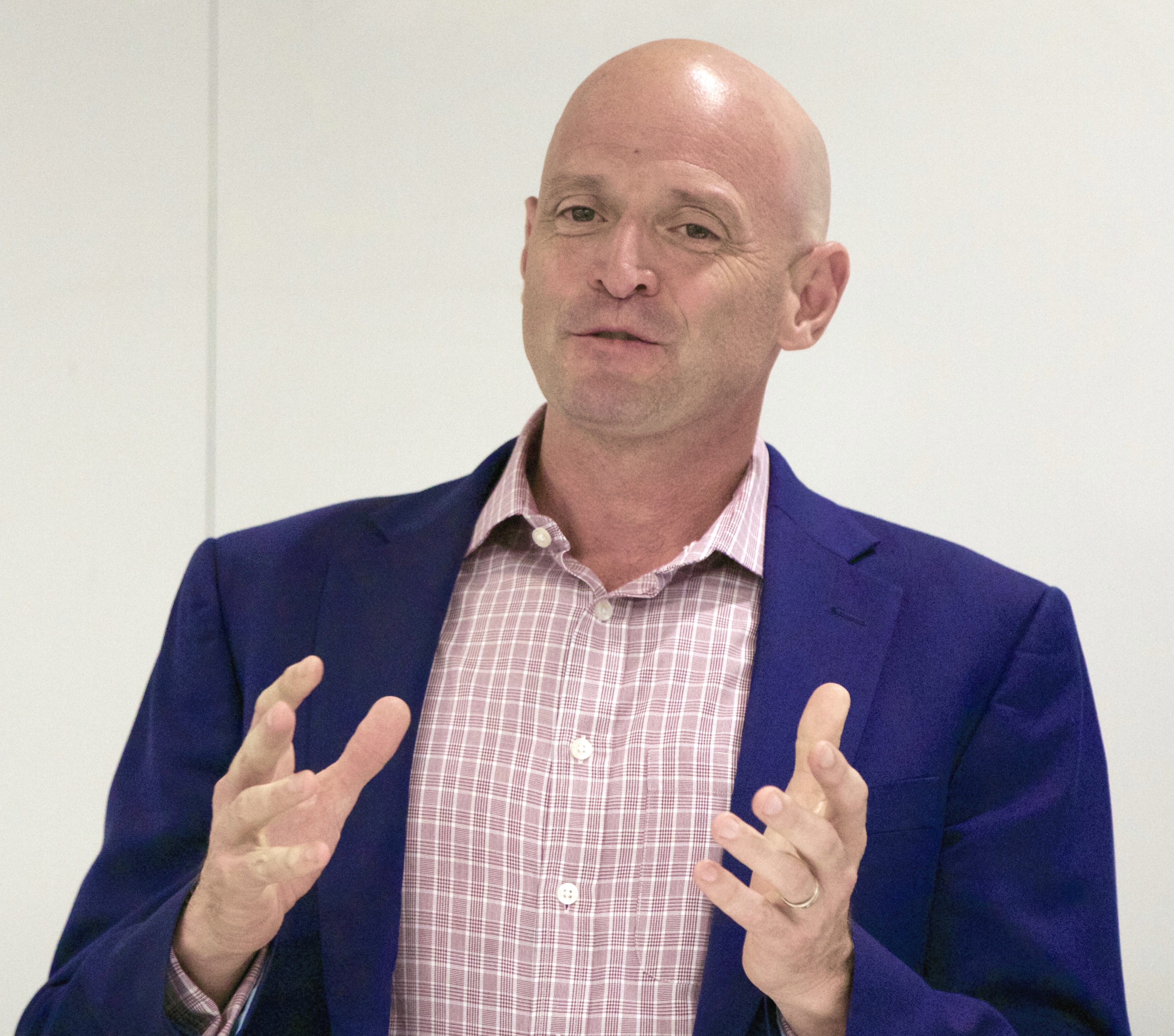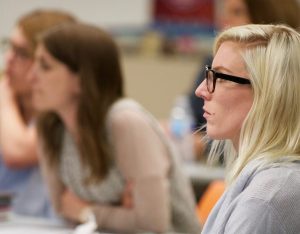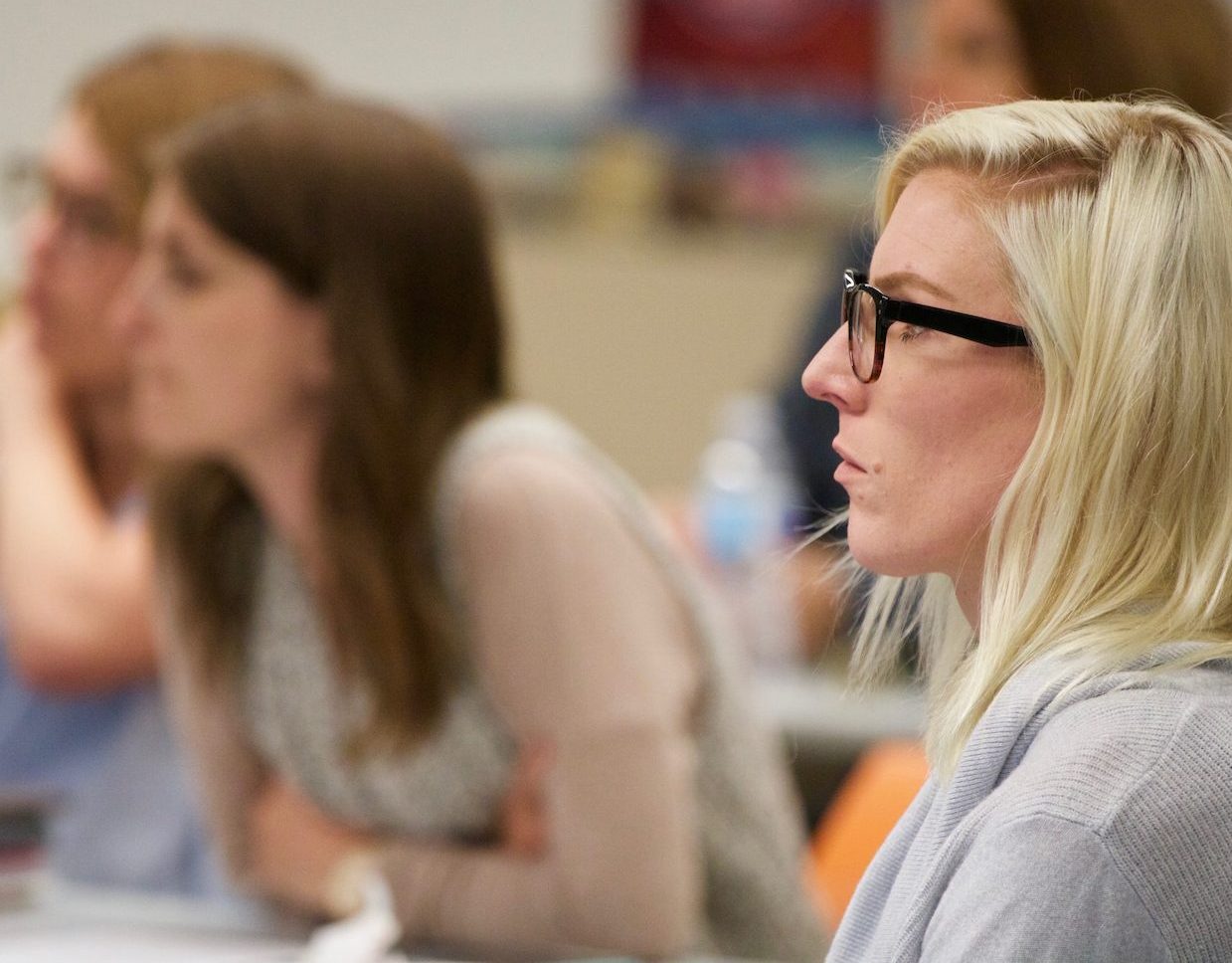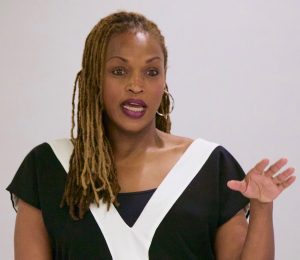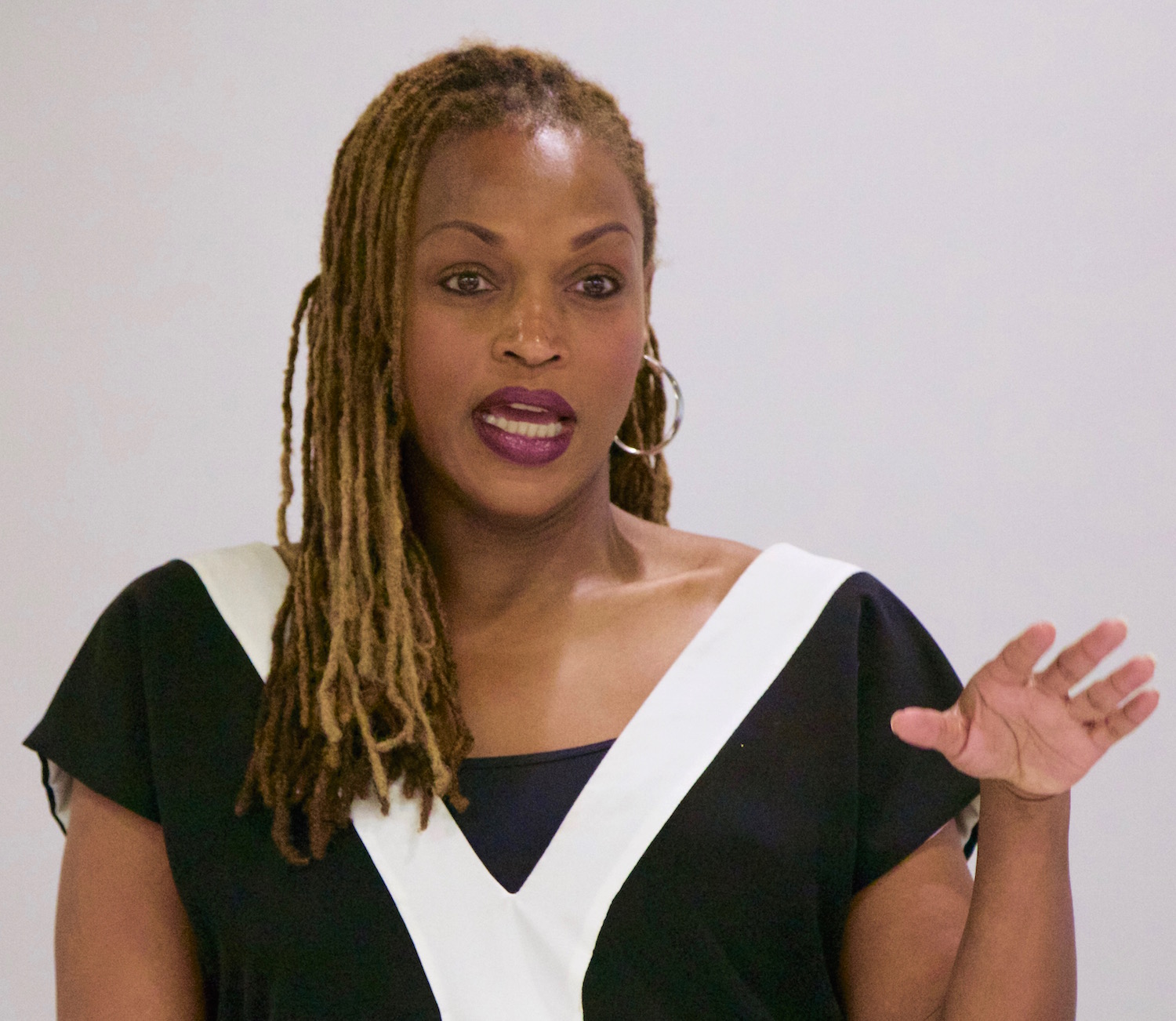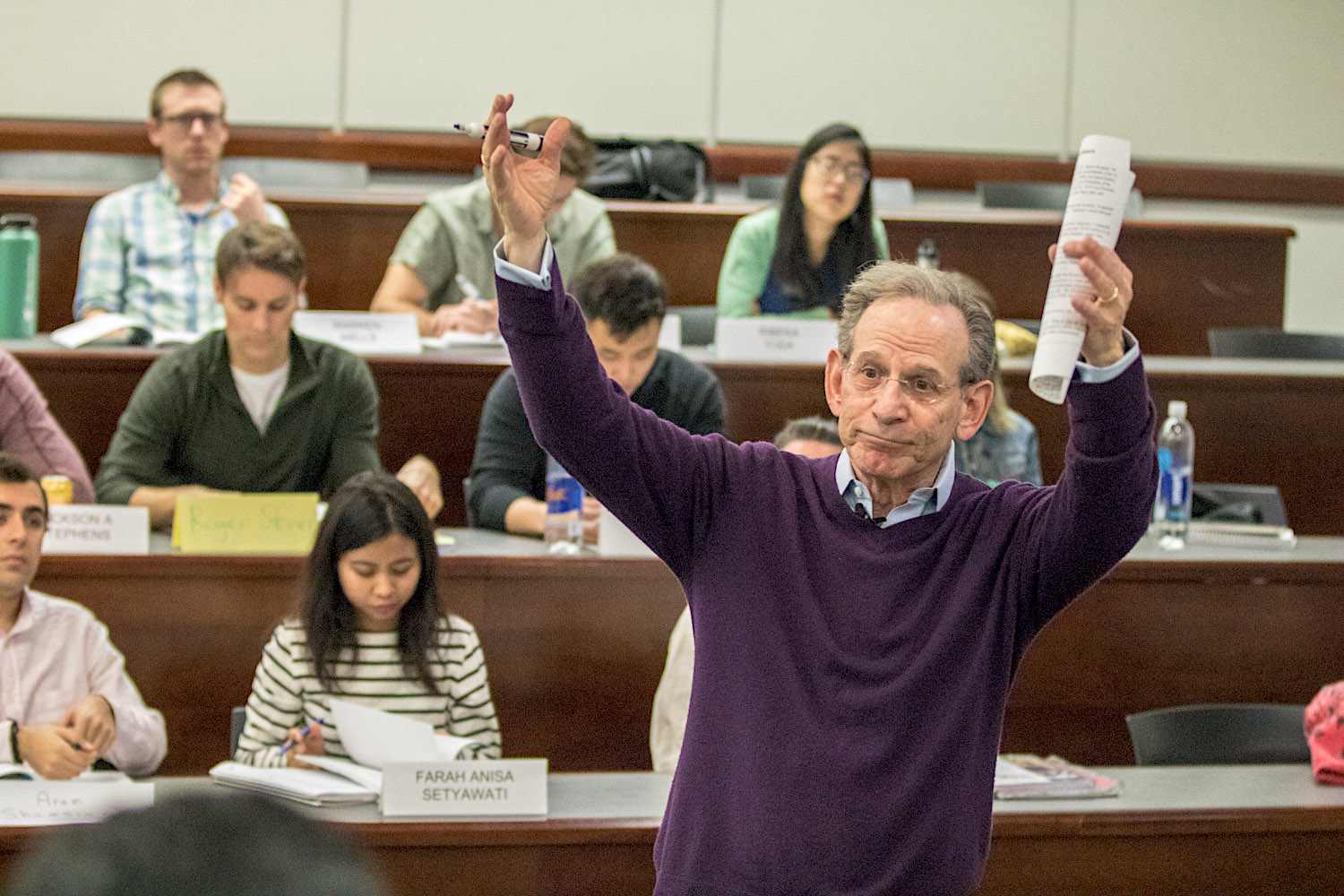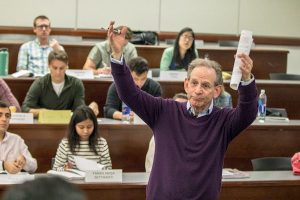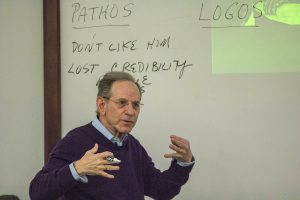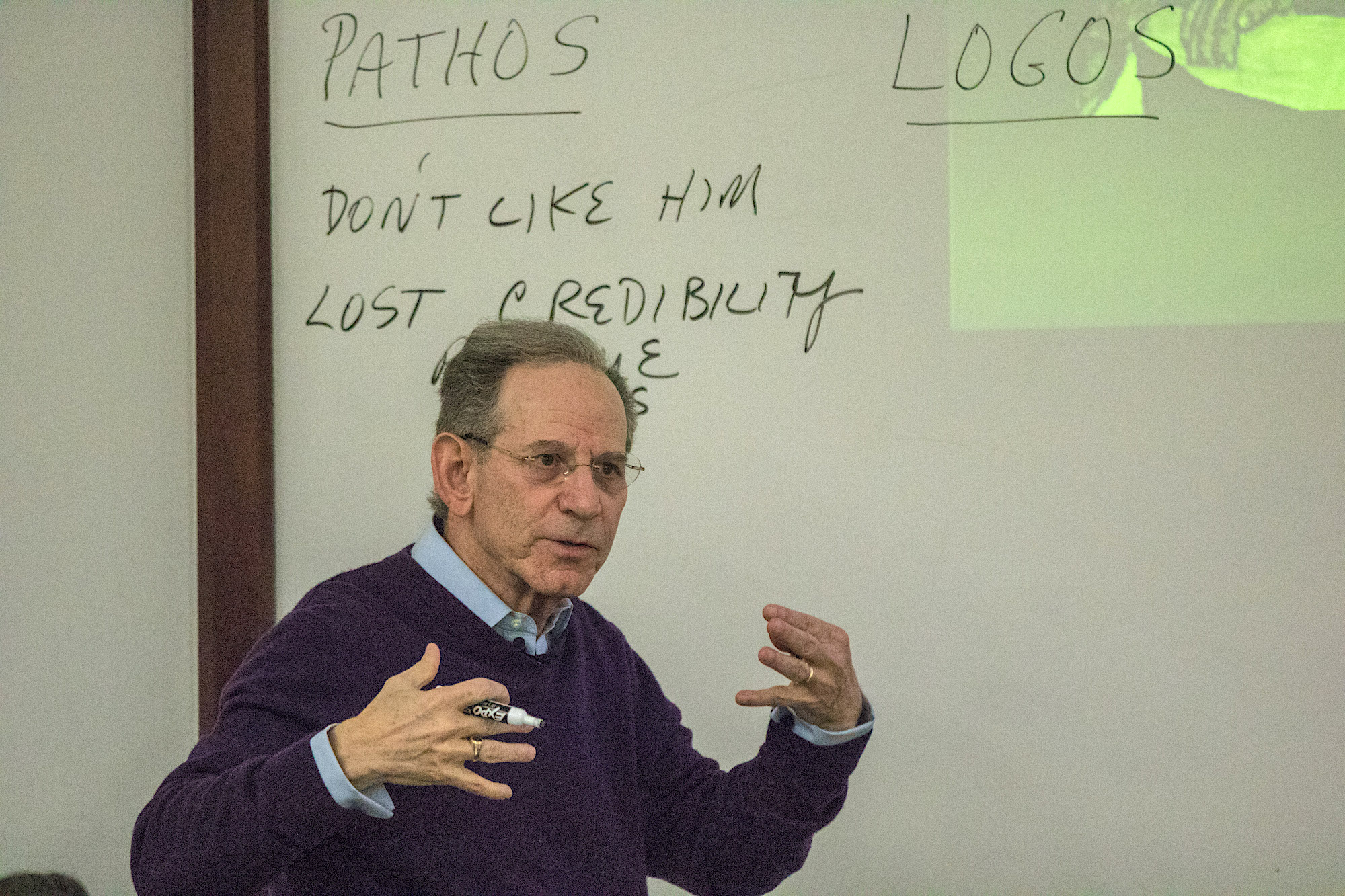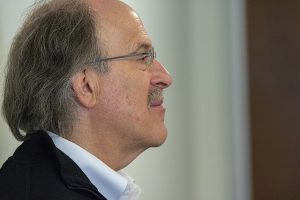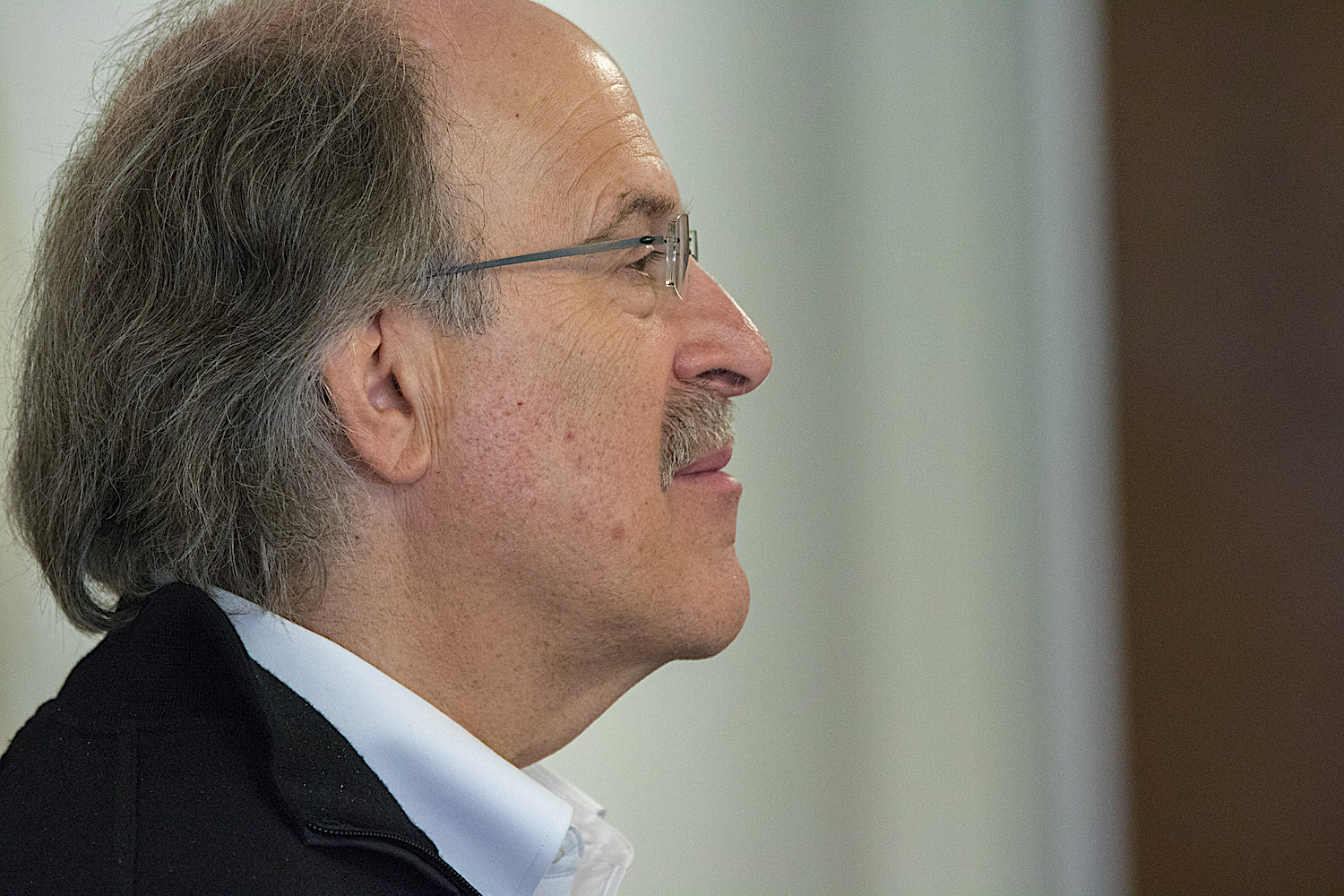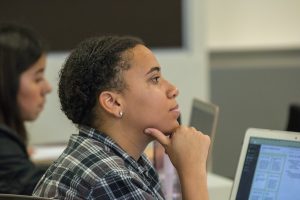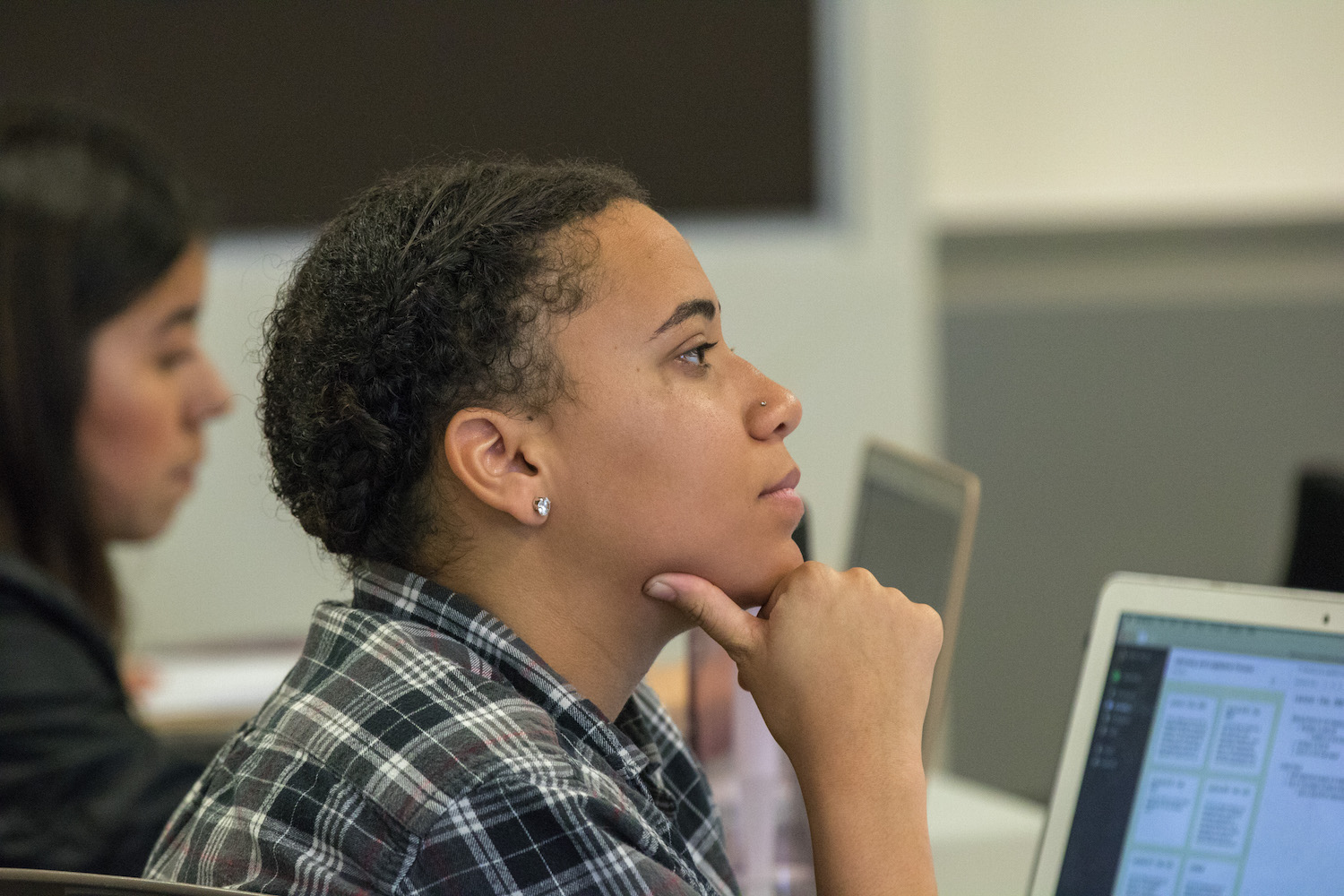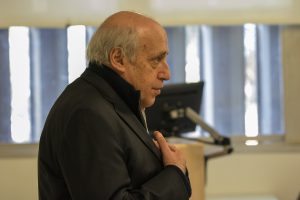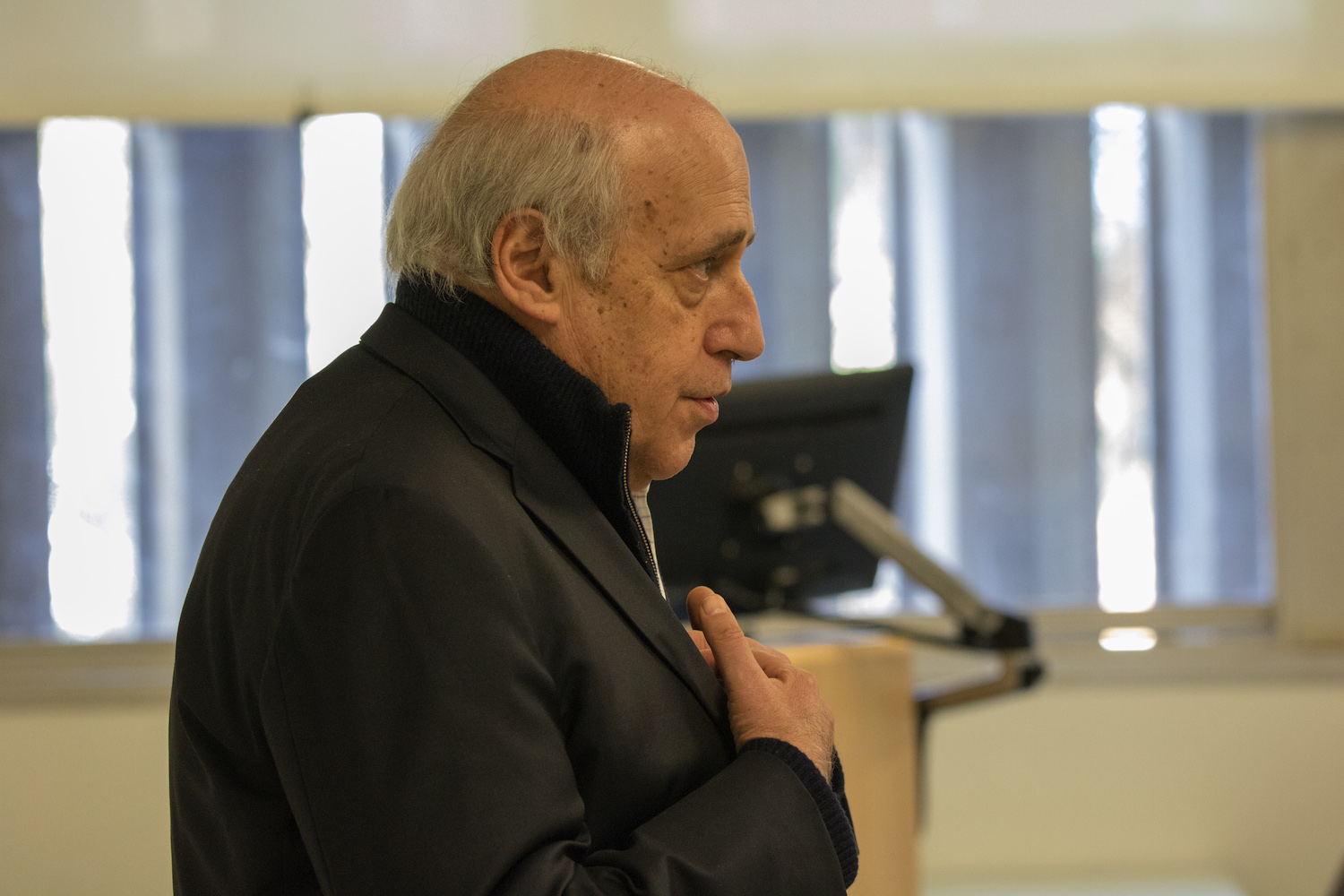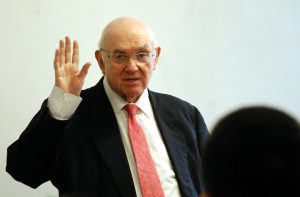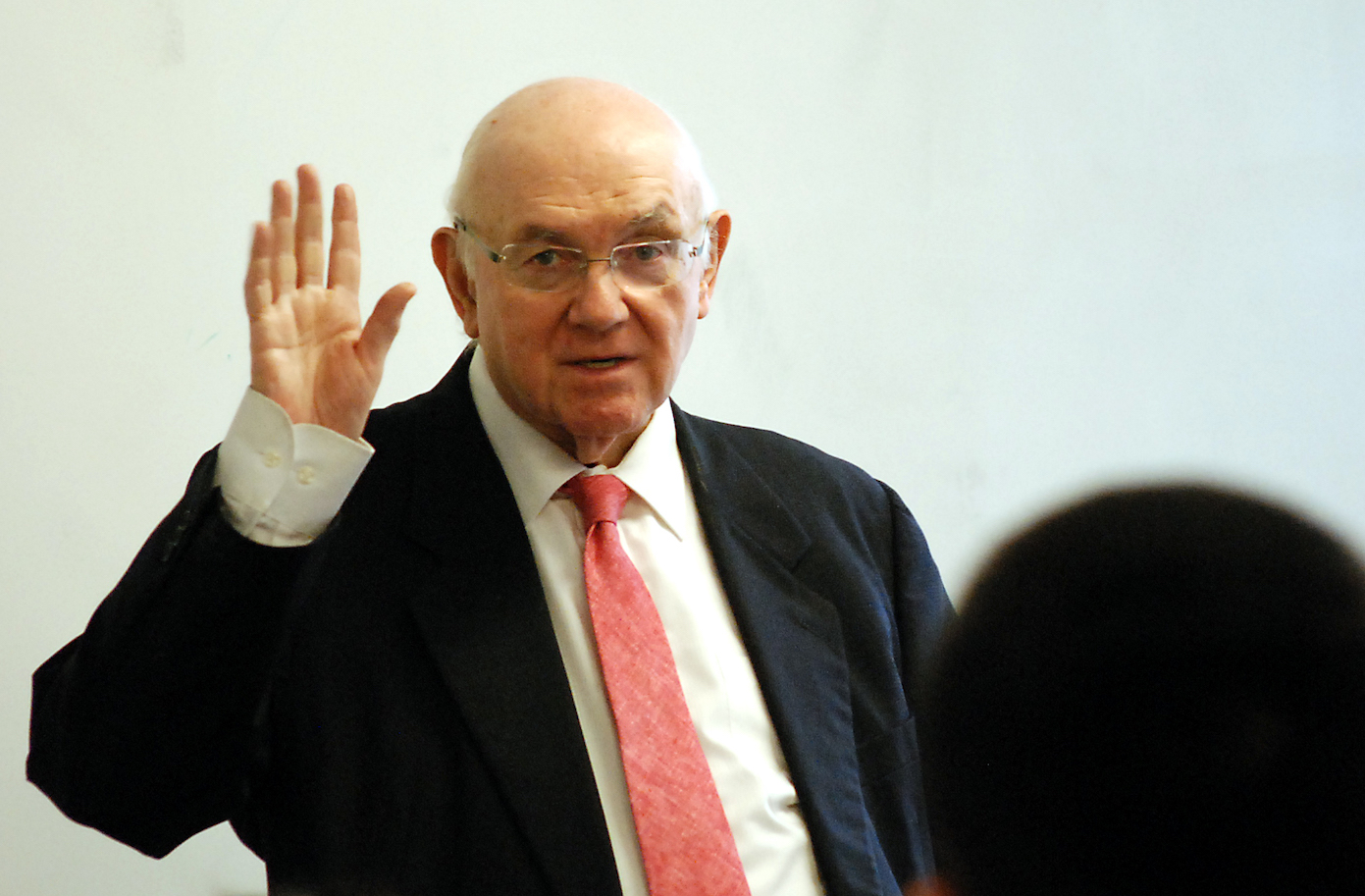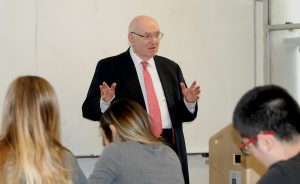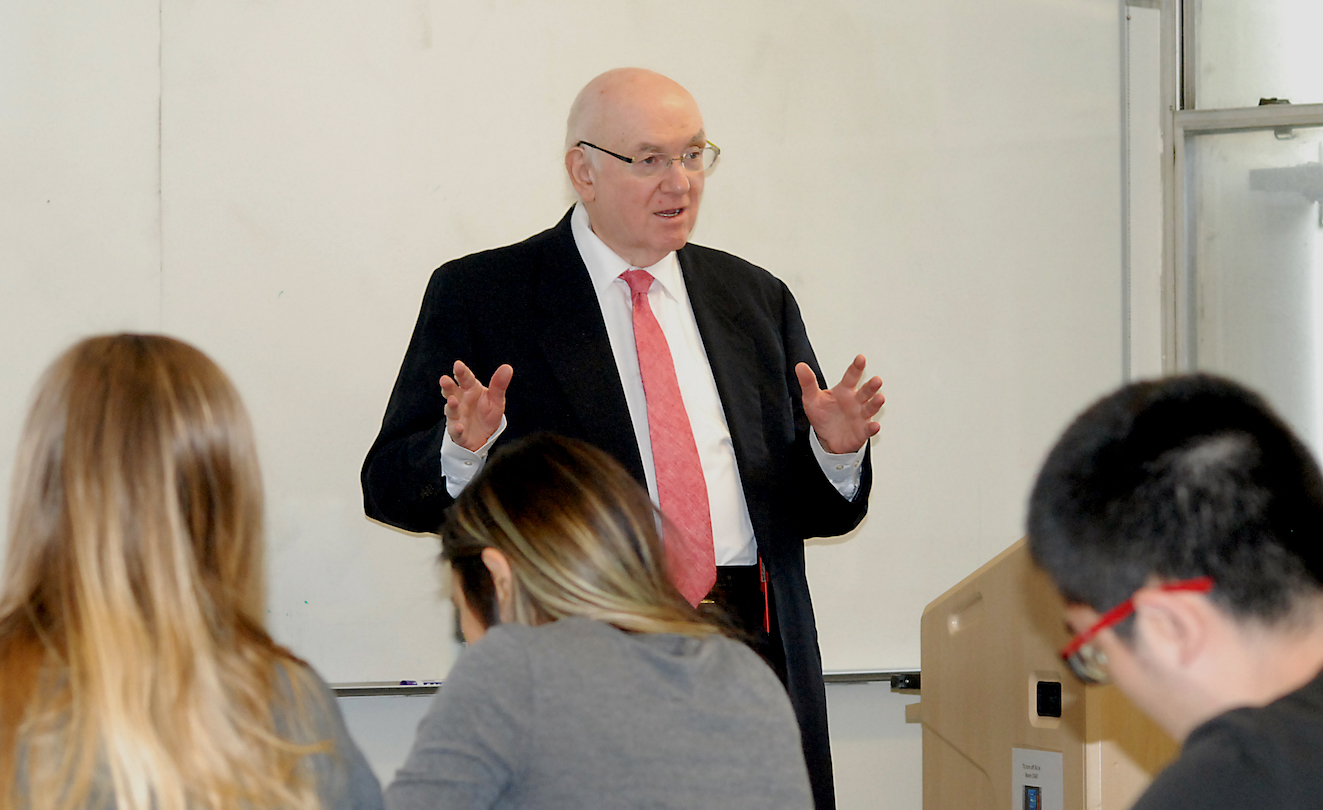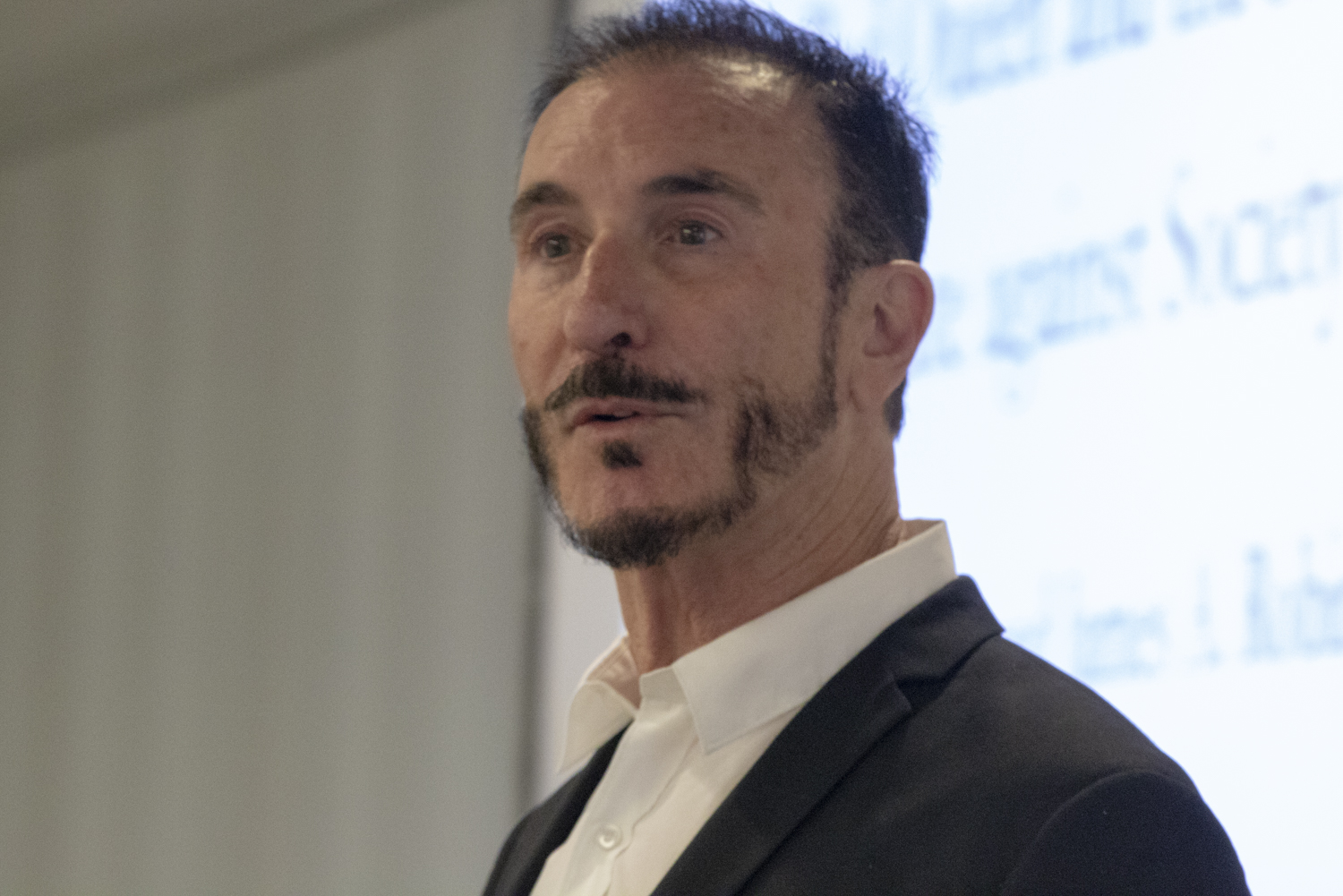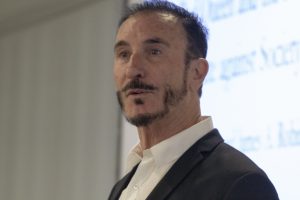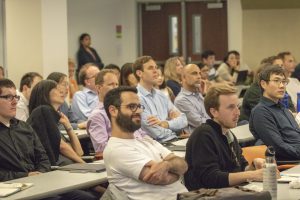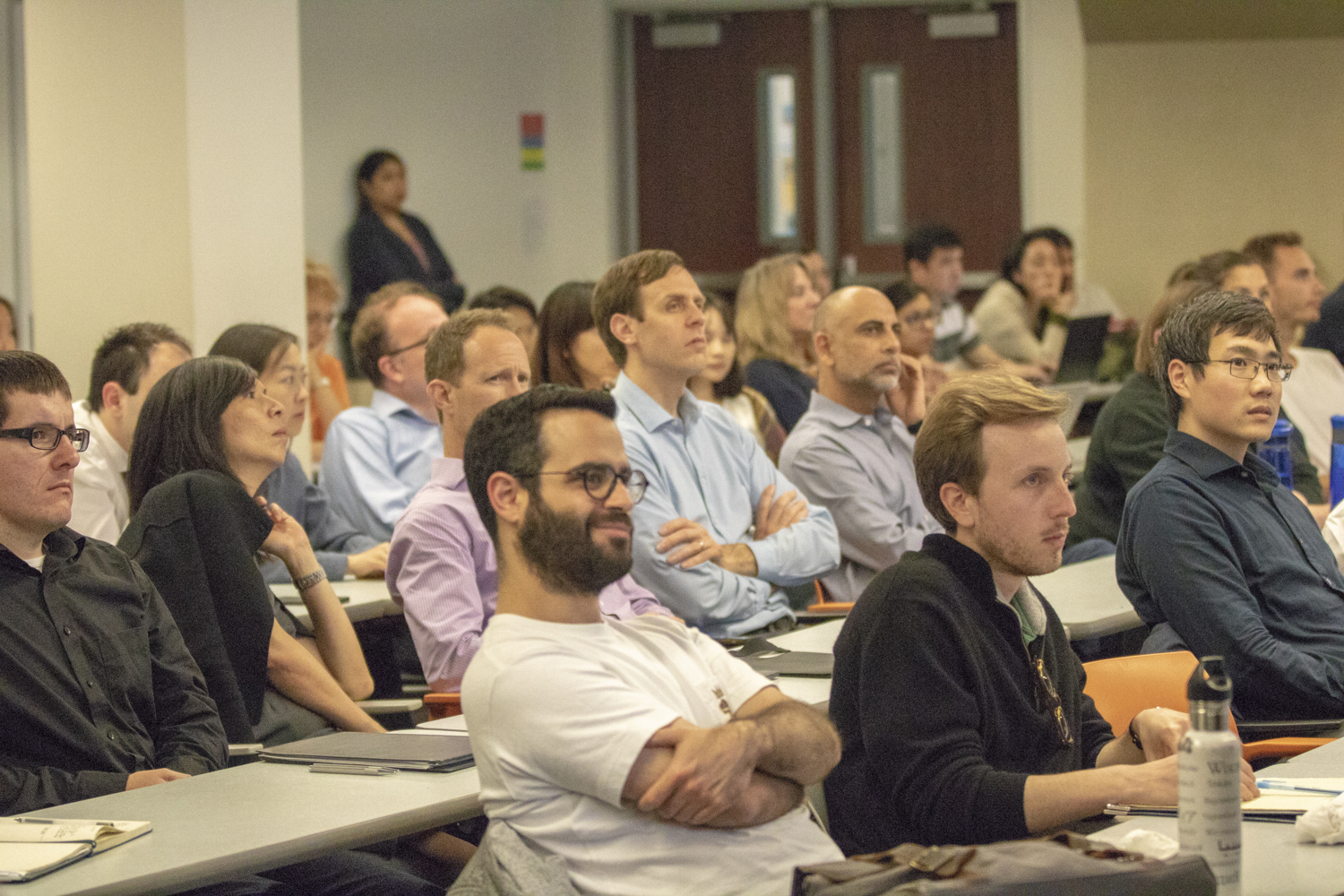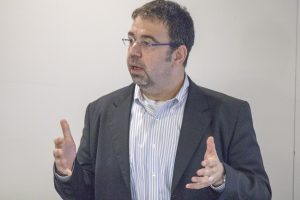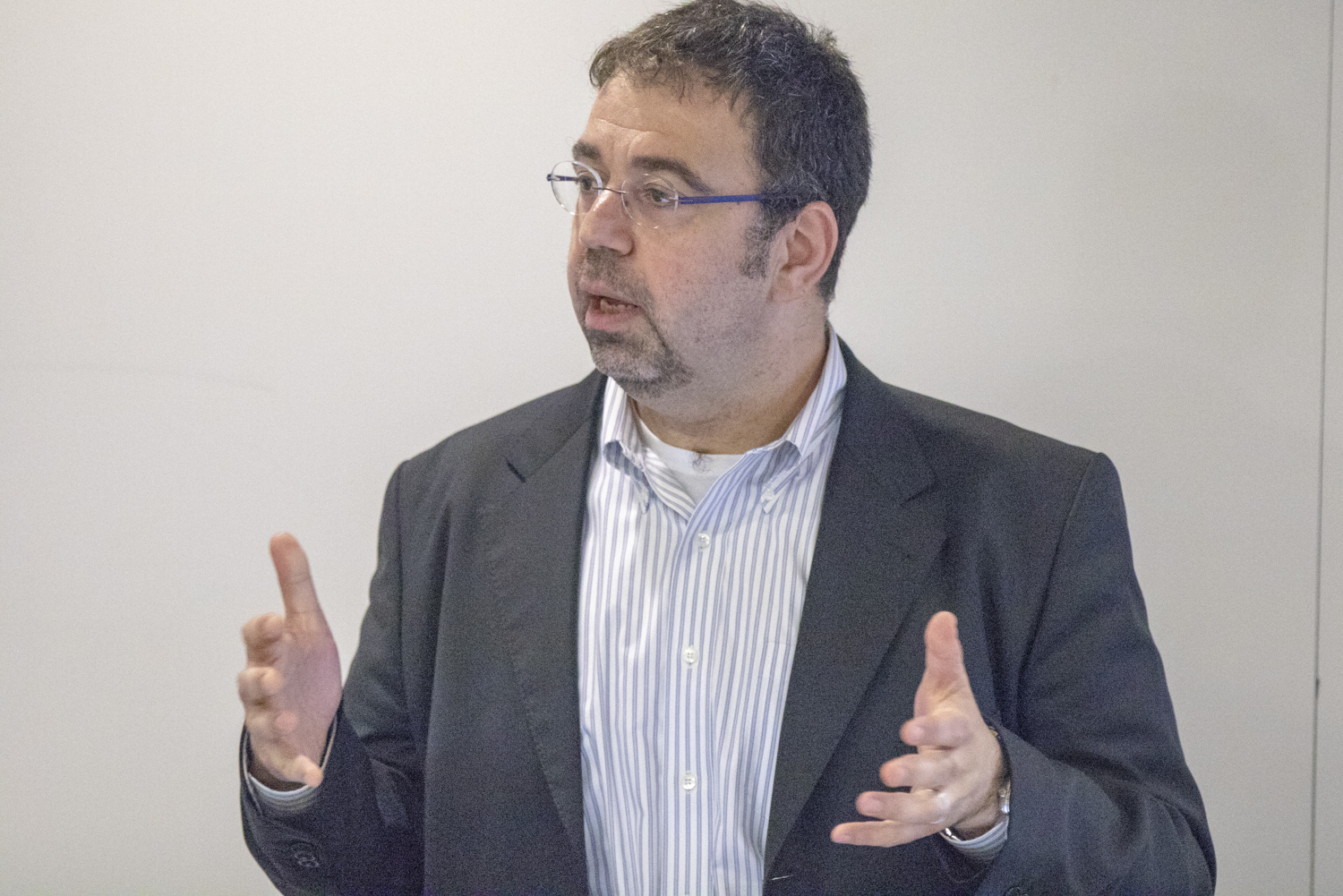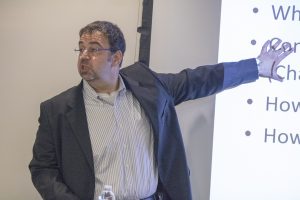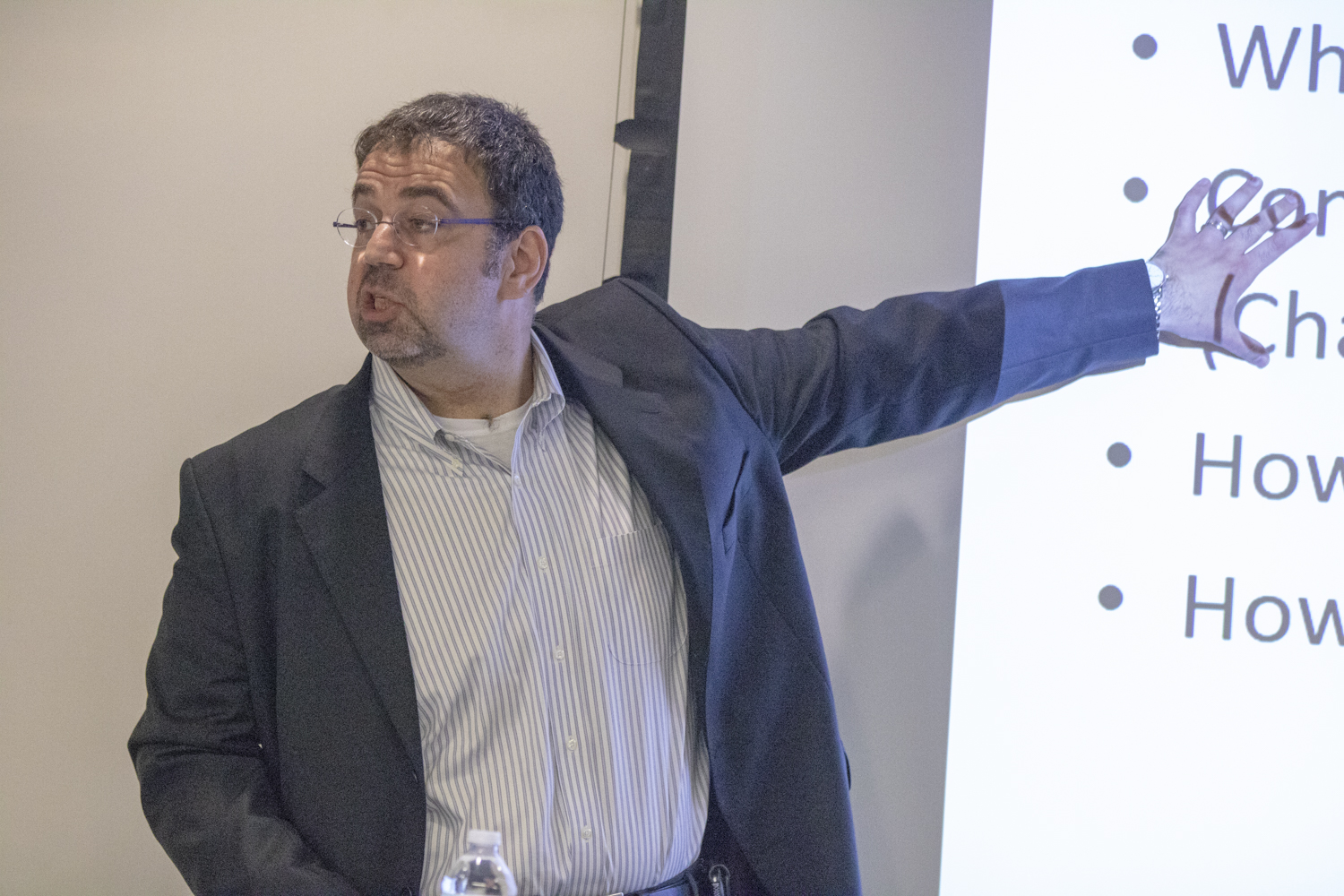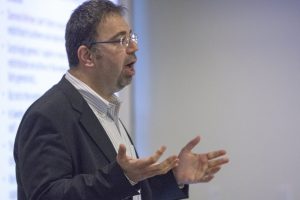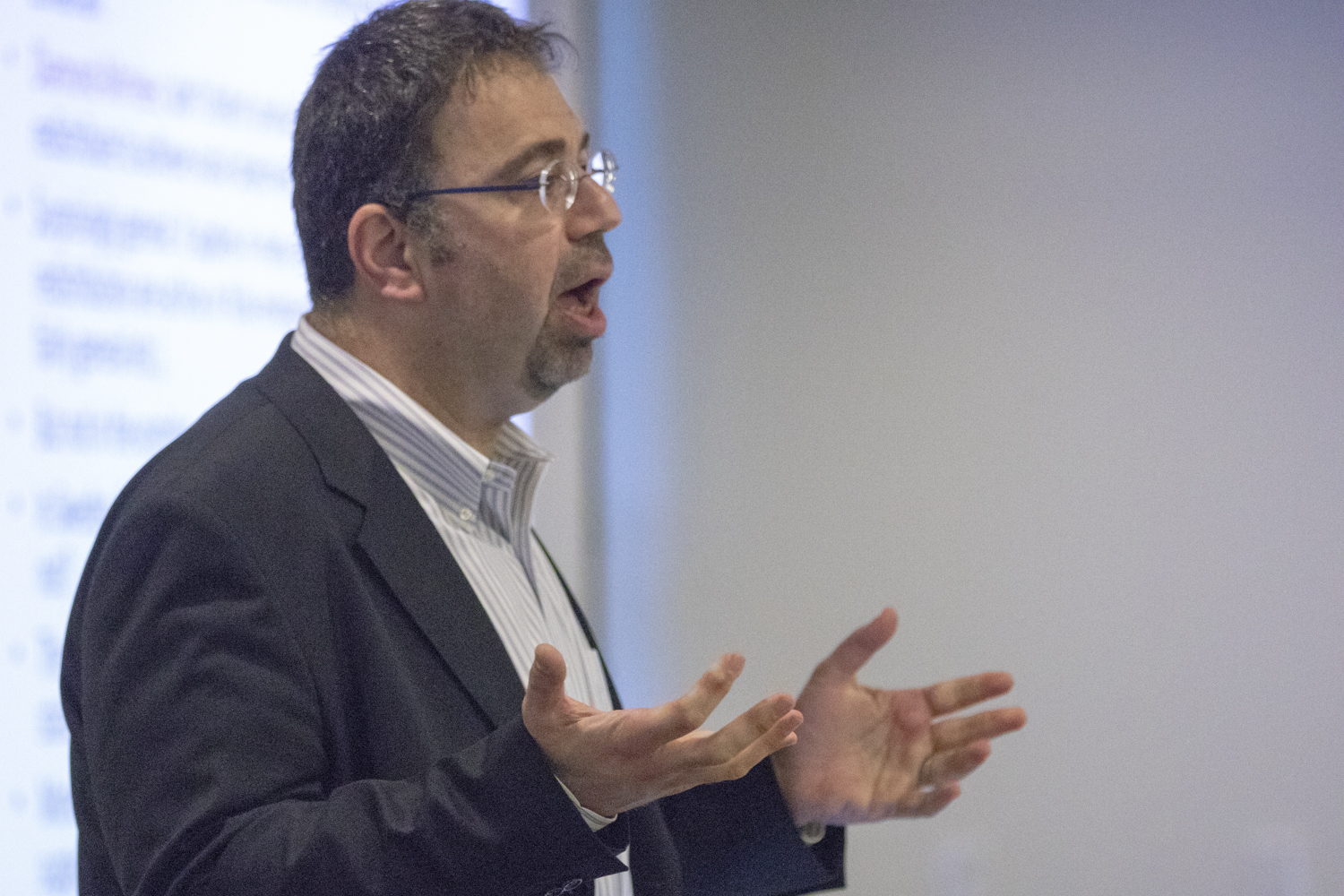Hot Weather Lowers Students’ Ability to Learn, New Study Finds UCLA Luskin scholar Jisung Park documents the negative effects of warm temperatures on educational performance
By Mary Braswell
An expansive study tracking 10 million American students over 13 years confirms what children, parents and teachers already suspected: When classrooms grow uncomfortably warm, students struggle to learn.
Low-income and minority students are particularly affected, and the problem stands to worsen as global temperatures rise, according to the research co-authored by UCLA Luskin assistant professor of public policy Jisung Park.
In some schools, a remedy is within reach. The negative effects of hotter days are almost entirely offset in classrooms equipped with air-conditioning, the researchers found.
Park said the study was launched to understand the effects of climate on educational performance. “Specifically, we were interested in whether a hotter-than-average schoolyear can actually reduce the rate of learning,” he said.
The researchers found that, without air conditioning, each 1 degree Fahrenheit increase in schoolyear temperature reduces the amount learned that year by 1 percent. The decline in learning was detected when outdoor temperatures exceeded 75 degrees “but becomes really problematic at 85, 90 and above,” Park said.
“I think it’s worth highlighting the fact that racial minorities and low-income students seem to be affected much more negatively,” Park said. “So with the same heat shock — in the same year with 10 more hot days — black or Hispanic students on average would experience roughly three or four times the negative impact than a white student would.
“A lot of that seems to be because of different rates of air conditioning, both at school and at home.”
Park points out that “the United States is still one of the most highly air conditioned countries in the world.” In countries like India and Bangladesh, where both temperatures and poverty levels are high, the effects of heat on cognitive development are likely to be more profound, he said.
The study, published by the National Bureau of Economic Research, assessed test scores from 10 million high school students who took the PSAT exam multiple times, between 2001 and 2014. An individual test-taker’s scores dipped in years when higher temperatures were recorded, the research found.
“An important distinction to make here is, in this paper, we’re not actually studying how temperature during an exam affects your performance,” Park said. “You could have someone who’s very well-educated have a bad test day. That’s very different from someone who, because they weren’t able to focus enough times over an extended period, is actually not very well educated. We wanted to test that latter hypothesis.”
He noted that the research was motivated, in part, by a desire to make our society more resilient to climate change. The study forecasts the impact of hot temperatures on student learning over the next three decades. One model assumes no changes in school infrastructure, and another assumes that the rate of air conditioning is increased.
“There’s a very big difference,” Park said.
But he added that the research should not be interpreted as a mandate for schools to install air conditioning.
“As always, we need to weigh the costs and benefits,” he said. “The costs are going to vary tremendously, and maybe it still doesn’t make sense for a school up in northeast Maine to revamp their hundred-year-old building at a $20-million cost.”
Park holds a joint appointment with the UCLA Fielding School of Public Health, where he is an assistant professor of environmental health sciences. As a Rhodes Scholar at Oxford University and National Science Foundation fellow at Harvard University, he pursued research in environmental and labor economics, specializing in the impact of climate change on human capital.
Park’s latest study, “Heat and Learning,” was co-authored by Joshua Goodman, associate professor at Harvard University; Michael Hurwitz, senior director at the College Board, which administers SAT and PSAT exams; and Jonathan Smith, assistant professor at Georgia State University.
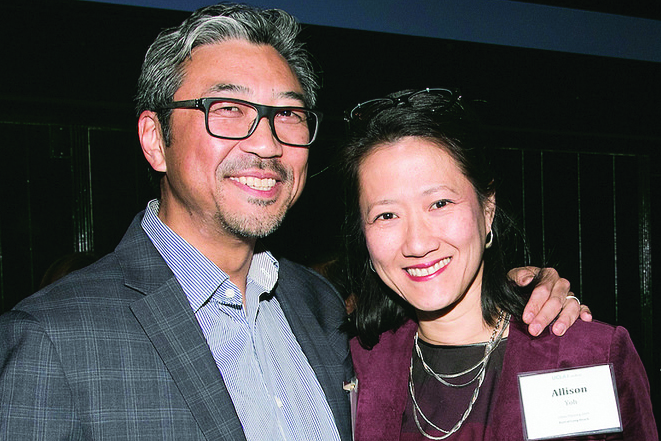
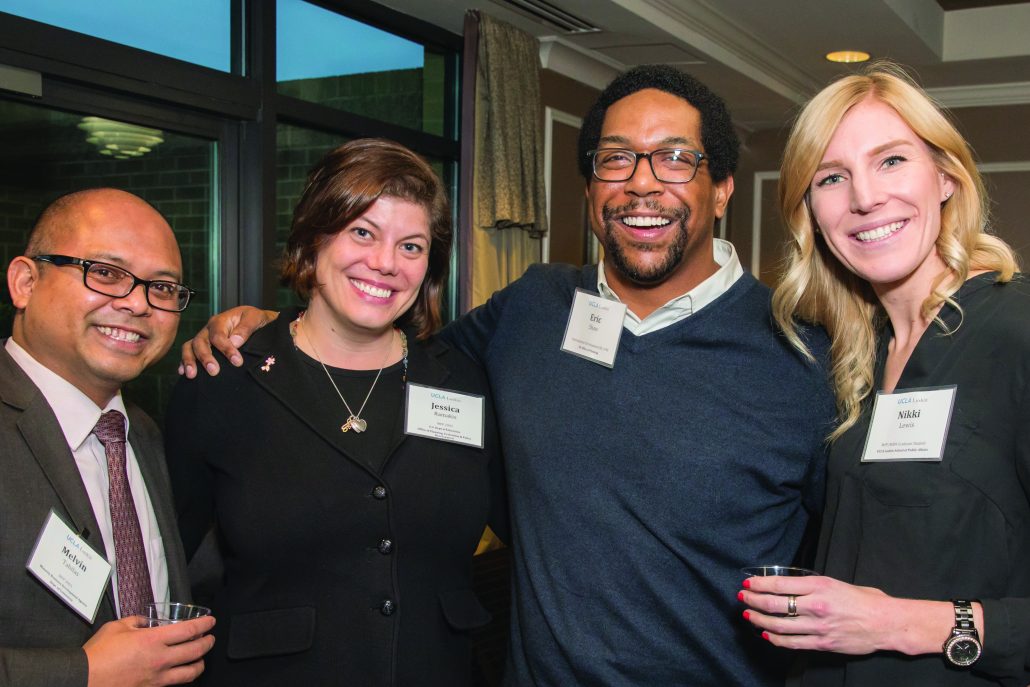
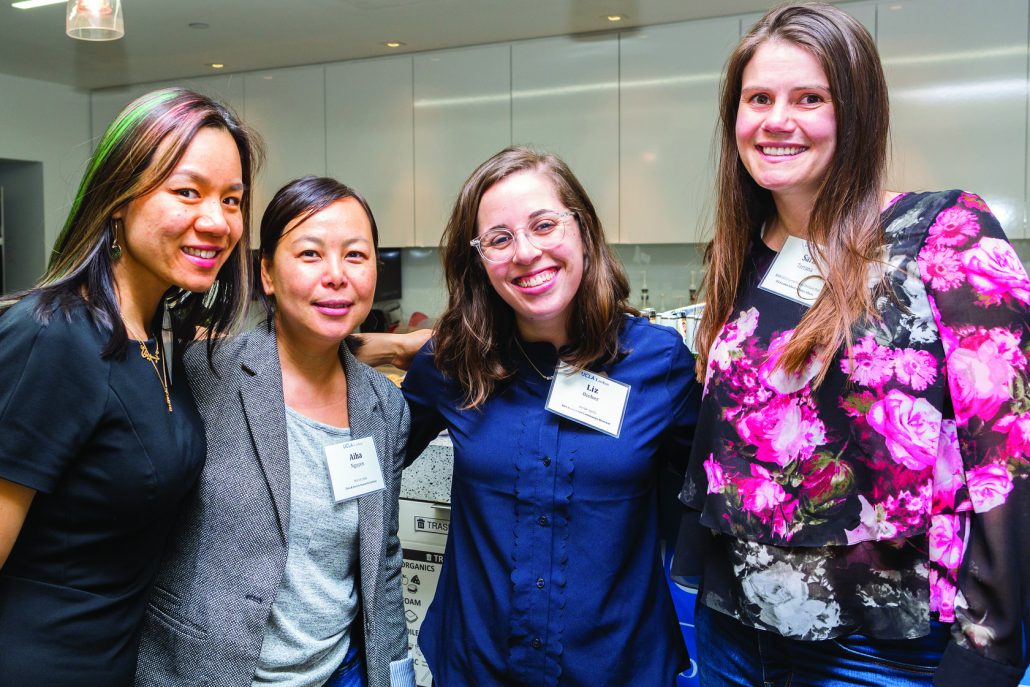
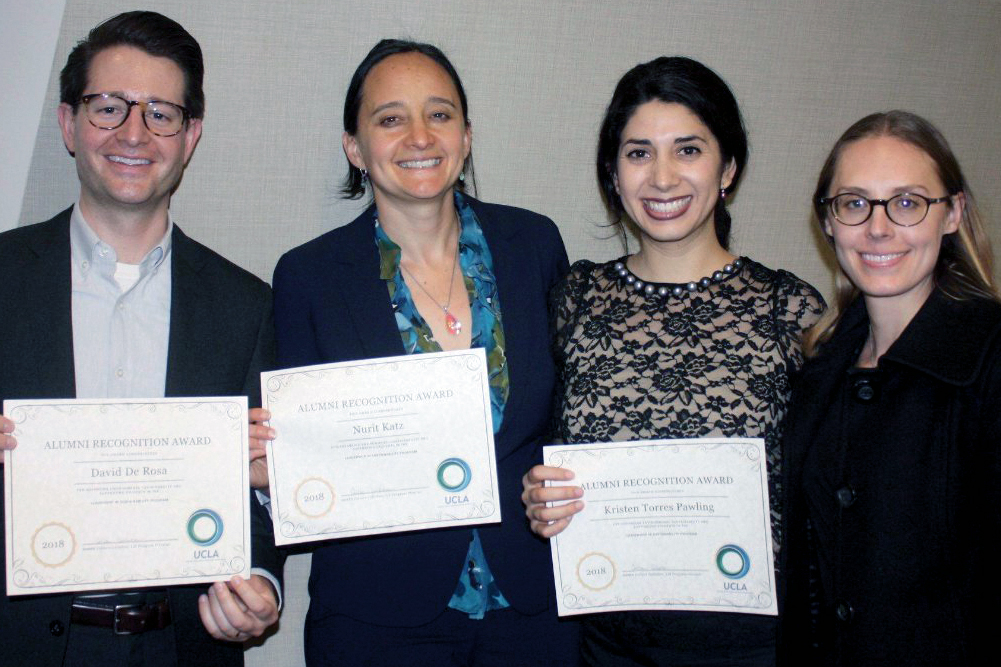
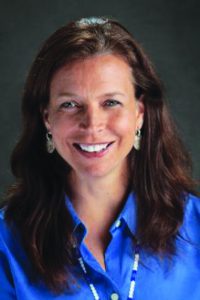 Karina L. Walters MSW ’90 PhD ’95 was cited by Diverse: Issues in Higher Education as one of its most influential Native American Leaders in Higher Education. And for anyone who knows or has worked with Walters, it is no surprise. Prior to her career in academia, Walters was a community-based psychotherapist as well as the commissioner for the L.A. County American Indian Commission.
Karina L. Walters MSW ’90 PhD ’95 was cited by Diverse: Issues in Higher Education as one of its most influential Native American Leaders in Higher Education. And for anyone who knows or has worked with Walters, it is no surprise. Prior to her career in academia, Walters was a community-based psychotherapist as well as the commissioner for the L.A. County American Indian Commission.